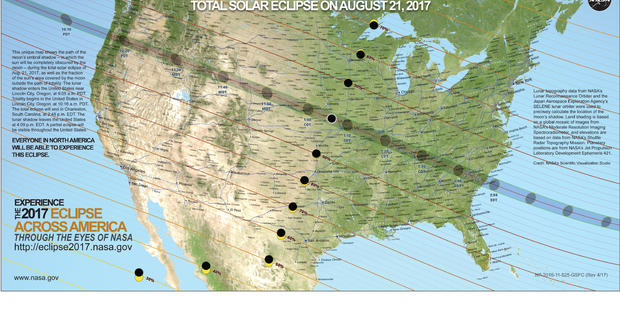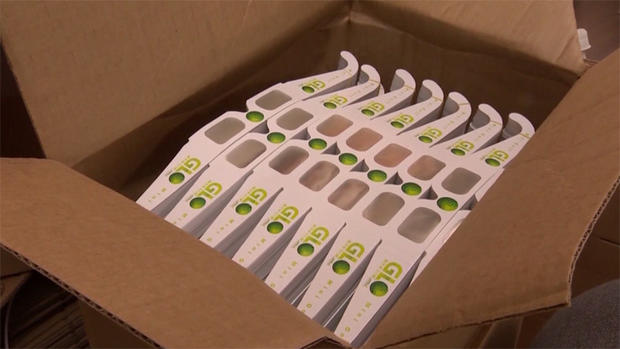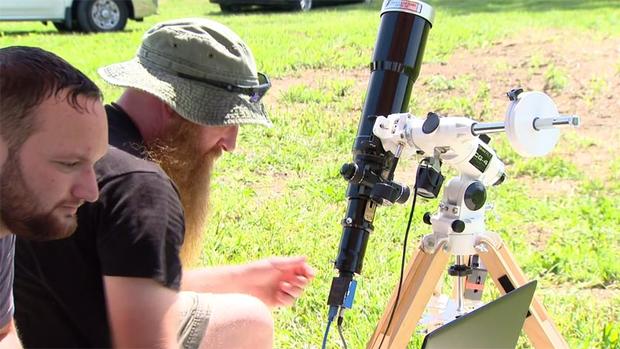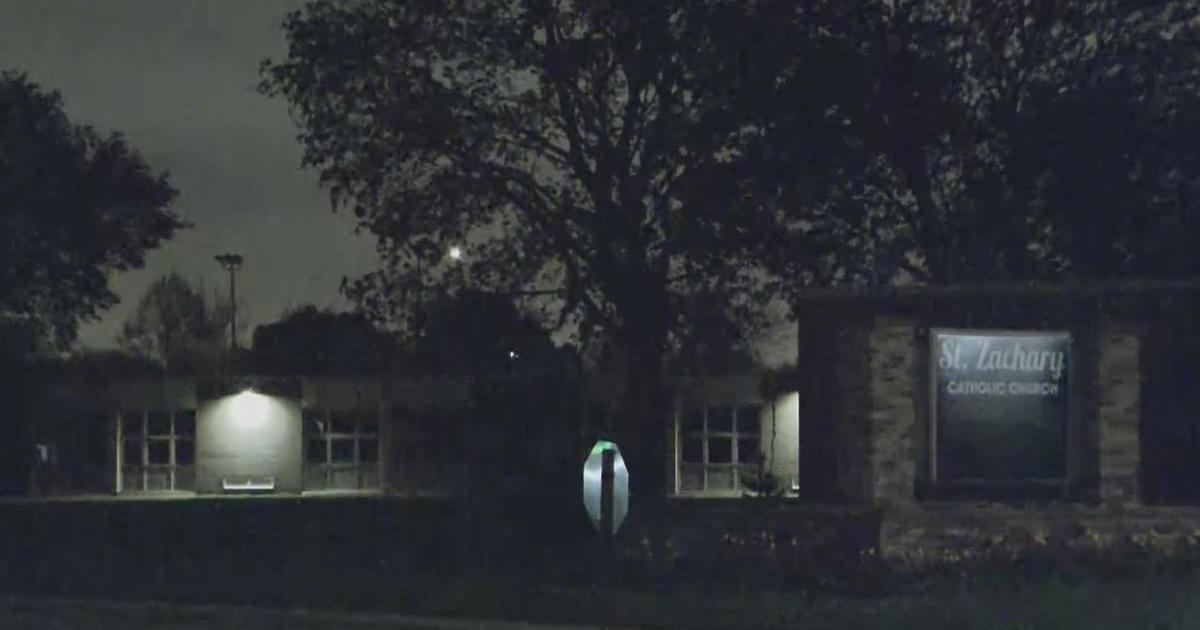Five Things To Know: Monday's Solar Eclipse
CHICAGO (CBS) -- A total solar eclipse, one of nature's most awe-inspiring sights, will be visible across the United States on Monday.
Here are five things to know about the eclipse.
1. It is the first time since 1918 that a total eclipse has been visible from coast-to-coast in the United States. Although Chicago will only see a partial eclipse, the moon will obscure about 87 percent of the sun. The moon will start moving in front of the sun at 11:54 p.m., reach maximum eclipse at 1:19 p.m., and end at 2:42 p.m. The next time a solar eclipse will be visible in the U.S. will be 2024, although it won't be coast-to-coast.
2. Watching a solar eclipse without proper eye protection can cause permanent vision damage, and possible blindness. Make sure to watch with eclipse glasses or other solar filters approved by NASA and the American Astronomical Society.
3. The Adler Planetarium is hosting a free block party along the lakefront Museum Campus, with both indoor and outdoor activities and watch parties; as well as a satellite party at Daley Plaza. Officials will hand out free glasses while supplies last.
4. The eclipse's longest point of duration is near the small town of Makanda in far southern Illinois, where it will last up to 2 minutes and 41 seconds. Nearby Carbondale is expecting a massive turnout of tourists, and scientists also have set up shop on a "dark site" on a farm at Southern Illinois University. The coast-to-coast eclipse offers scientists a rare opportunity to study the sun's inner corona.
5. Even people who won't be able to see the eclipse are excited about experiencing it. NASA developed a program with the Hadley Institute for the Blind and Visually Impaired in Winnetka to help the blind understand the eclipse.






